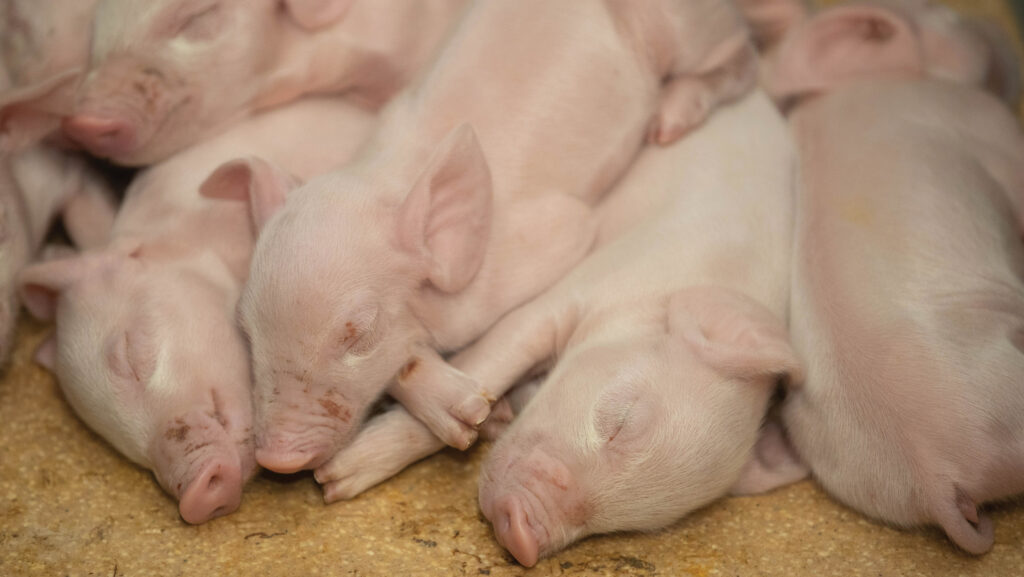Bolt-on scheme to offer more funding for PRRS testing
 ©Tim Scrivener
©Tim Scrivener The Animal Health and Welfare Review’s endemic disease follow-up programme is expected to go live this summer, as announced at the recent Pig and Poultry Fair.
This is following its launch for the control of porcine reproductive and respiratory syndrome (PRRS) in 2023.
PRRS is a virus that causes reproductive failure in sows, as well as respiratory problems throughout a pig’s lifecycle.
See also: 6 livestock tech developments to look out for
Clinical signs are wide-ranging, from weight loss and fever to reduction in appetite and laboured breathing.
PRRS can also cause the onset of mummified foetuses, premature farrowing and stillbirths.
If left unresolved, it can negatively impact production, leading to greater piglet mortality, and is estimated to cost the industry in excess of £52m a year.
Coined by Defra as a “bolt-on” to the existing annual vet review, the follow-up will offer an additional £923 to pig producers to allow for more in-depth diagnostic testing for PRRS, explains pig sector lead Stewart Houston.
This includes ORF5 sequencing testing, which will help the industry learn more about the strains and origins of the disease.
This money is part of the £72m package of funding for the new Endemic Disease Scheme announced by prime minister Rishi Sunak at this year’s Farm to Fork event.
Cattle and sheep
Additional funding under the scheme is also available to cattle and sheep farmers.
To access the additional funding, farmers must first have had a vet review. Eligibility is confirmed by having a county parish holding number registered in England and 51 or more pigs.
As well as access to new funding, changes in sampling method – from blood to oral fluid collection – are planned.
Stewart says the change follows feedback from farmers and vets, and hopes it will make testing less invasive and easier to integrate into the visit.
It will come into effect as soon as the new follow-up programme is launched, he concludes.

